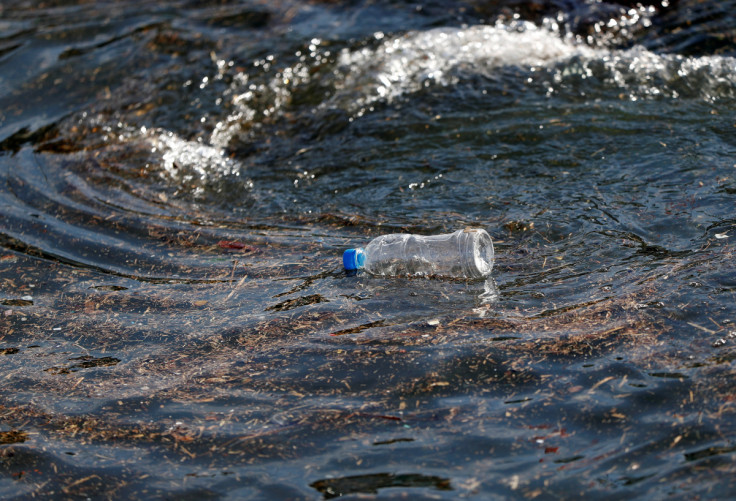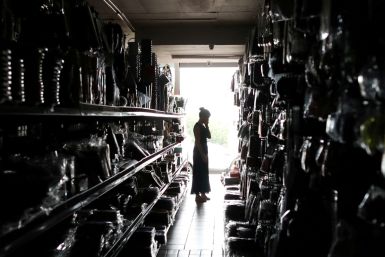eThekwini Municipality Bans Fishing Activities From Umngeni Estuary To Blue Lagoon Beach

The eThekwini Municipality in KwaZulu-Natal has banned recreational and fishing activities from the Umngeni Estuary to the Blue Lagoon non-bathing beach after a significant sewage discharge near the mouth of the Umngeni River.
The move follows the Coastal Compliance Notice from the Department of Forestry, Fisheries, and the Environment (DFFE).
The municipality said that it is carrying out a thorough investigation to find the source of the sewage discharge along the Umngeni Estuary.
"Once the investigation is complete, the city will undertake repairs to any damaged infrastructure that may have resulted in the discharge of untreated effluent into the Umngeni Estuary," the municipality said, SA News reported.
The municipality further said that pollution and high levels of E. coli, especially affecting estuaries and beaches, are mainly caused by the ongoing theft and vandalism of the city's sewer infrastructure, along with illegal connections to the sewer system.
The city is working to fix any infrastructure issues that could harm the environment and has urged the public to report any vandalism or theft to the police so that those responsible can be caught.
The municipality has asked fishermen to follow the fishing ban at the Umngeni Estuary and Blue Lagoon until further notice, while the investigation continues.
This came few months after EThekwini Municipality signed a contract with uMngeni-uThukela Water to handle the operation and maintenance of 10 of its wastewater treatment plants, which together account for 90% of the municipality's sewage.
Earlier that week, Water and Sanitation Minister Pemmy Majodina reassured continued supply of water to residents affected by the shutdown of the Lesotho Highlands Water Project (LHWP) tunnel for maintenance.
The maintenance of the LHWP tunnel involves a complete shutdown, which started on Oct. 1. The maintenance includes general inspection and repair works to ensure the integrity and reliability of the entire water tunnel system.
These projects, worth around R100 billion, include the R42 billion second phase of the Lesotho Highlands Water project, which will provide extra water to Gauteng.
© Copyright 2025 IBTimes ZA. All rights reserved.


















